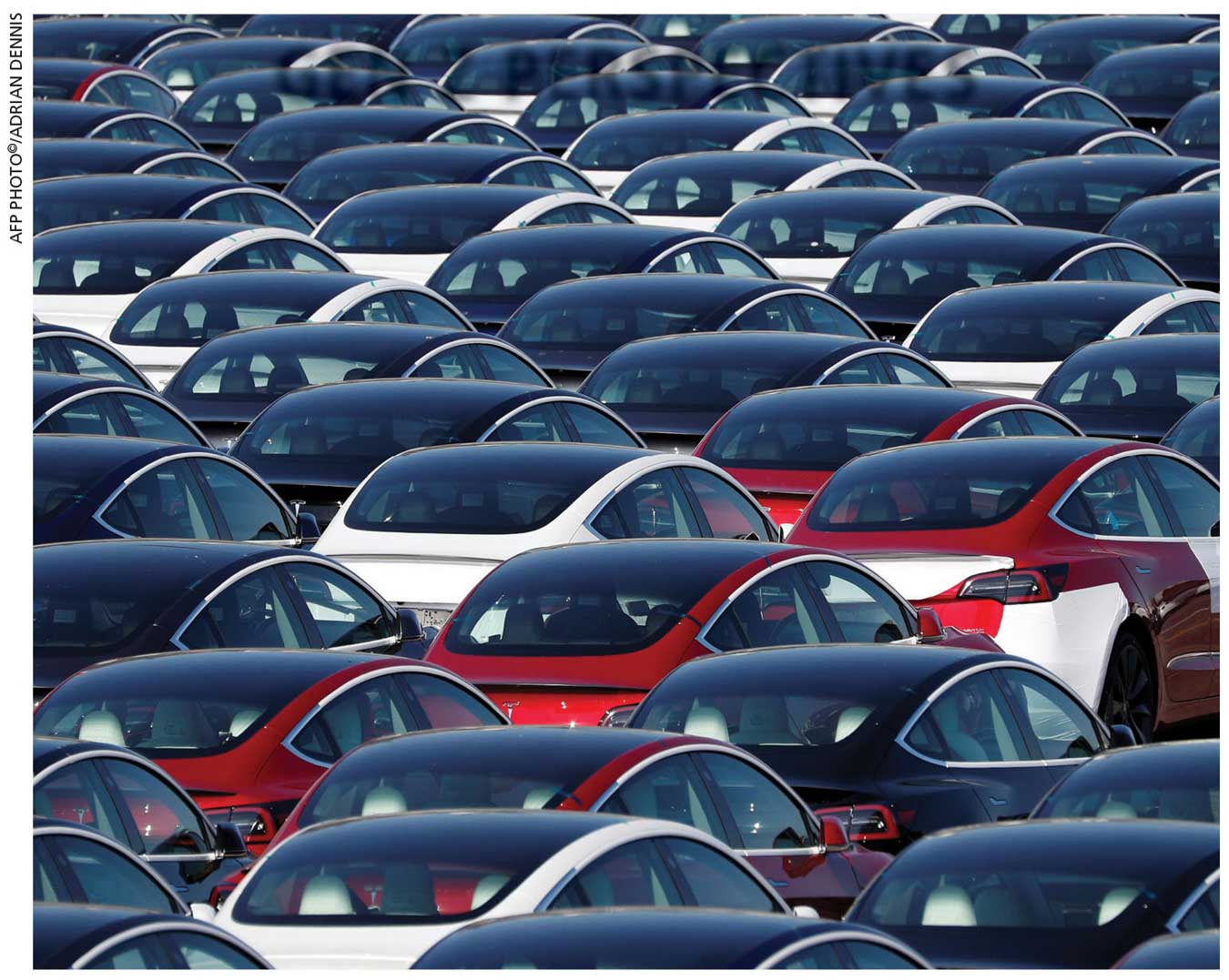GEN Z PERSPECTIVES
RAISING THE ELECTRIC BAR
Dona Senara probes the feasibility of EVs for a fuel crisis ridden nation
Transportation is profoundly linked to all individuals due to its prominent service to the socioeconomic growth of human civilisation. From humankind’s early days, travel requirements have been the subject of various initiatives across the globe.
As humanity’s curiosity to be increasingly connected with the external environment grew, so did the need for advanced mobility.
Therefore, the evolution of motor engines and fossil fuel usage came into being. This thrust the entire concept of transportation into a novel archetype, and boosted the time and distance efficiency of transport in all three modes – viz. air, water and land.
Yet, today’s context has proven that a nation whose transportation relies solely on fossil fuels is vulnerable particularly if the supply is imported. While the wealthy West is facing fuel shortages triggered by the war in Ukraine, the East’s developing nations such as Sri Lanka are experiencing heightened fuel crises due to monetary shortfalls.
Above all, the entire world is inevitably closer towards resource depletion. Natural resources are at risk of becoming scarce as their consumption rates are faster than their recovery. Additionally, the overuse of resources, notably fossil fuels, results in environmental issues such as air pollution, greenhouse gas emissions and climate change among others.
To combat rising fuel prices, pollution and resource depletion, science has introduced a solution – electric vehicles (EVs). The mitigation of Sri Lanka’s worst fuel crises requires a sustainable solution as there’s no certainty that another major fuel shortage won’t arise and disrupt the lives of Sri Lankans once again.
As a mode of transport, independent of diesel and petrol, EVs could become Sri Lanka’s sustainable solution to counter fuel concerns. However, can this failing nation achieve such innovation?
Anything is possible with the right initiatives.
Sri Lanka began its journey to find fuel free mobility technology years ago. Sasiranga De Silva’s electric conversion kit for tuk-tuks and the recent unveiling of Ideal Motors’ EV brand Moksha are evidence of Sri Lankan ingenuity.
With the focus on bringing sustainability to Sri Lanka’s widely used vehicle, De Silva’s affordable conversion kit allows tuk-tuks to travel 110 kilometres on a single charge. At the invention’s core is a rechargeable Lithium-ion battery that aspires to save drivers’ money over time alongside reducing environmental damage.
Marked as the island’s initial homegrown EV, Moksha could become Sri Lanka’s sustainable solution to the dreaded fuel crisis. This electric four-wheeler plugged into a 15A domestic charger overnight can cover up to 200 kilometres on a single charge. Moksha not only tackles the energy deficit but also offers a totally green solution.
Shifting to electric vehicles comes with economic opportunities that include foreign investments by EV brands, and saving forex on fossil fuel purchases and vehicle spare parts – including lubricants – since they require less spare parts.
Electric vehicles have long-term benefits too. They may call for a higher initial investment compared to conventional vehicles but due to their more efficient usage, they convert about 80 percent of input into power.
Government incentives are similarly essential to tackle the challenges that hinder the promotion of EV usage in Sri Lanka. Incentives such as lower initial costs, registration discounts, easing electricity costs and expanding charging facilities will greatly benefit the shift to EVs in the country.
Furthermore, the project requires more support from the Sri Lankan people to achieve a future that’s greener with fuel free electric mobility. Present living standards have already shed light on people’s struggles especially during periods of acute fuel shortages.
Now is the time for Sri Lanka to move forward, adopt new technologies and become a country that is propelled by alternative energy sources.







Leave a comment